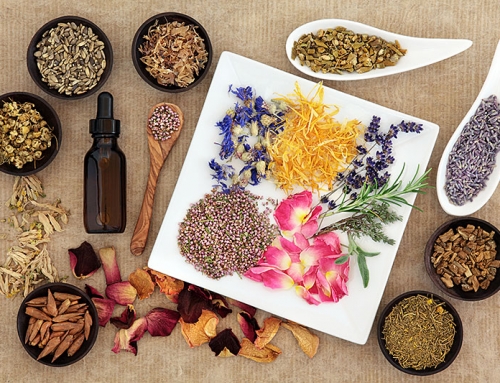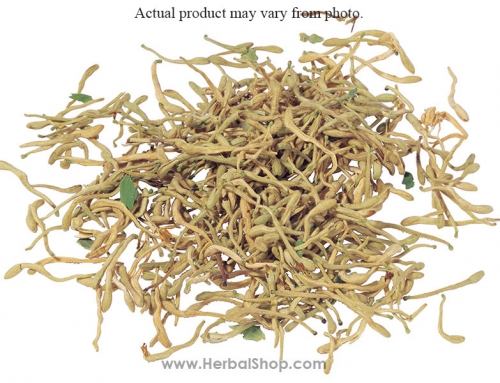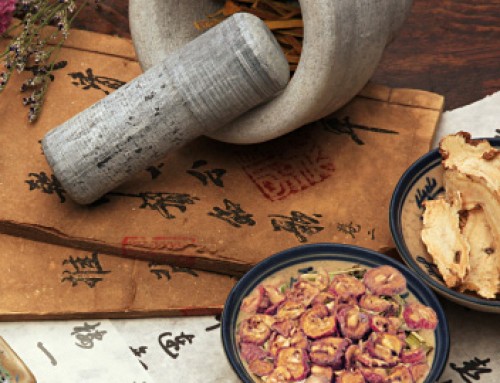玄參
Scrophularia (Xuanshen)
Pharmaceutical Name: Radix Scrophulariae
Botanical Name: Scrophularia ningpoensiis Hemsl.
Common Name: Scrophularia root, Ningpo figwort root
Source of Earliest Record: Shennong Bencao Jing
Part Used: The roots are dug in the period at the Beginning of Winter (nineteenth solar term) and dried in the sun until they are black on the inside, then they are cut into slices.
Natural Properties & Taste: Bitter, sweet-salty and cold
Meridians: Lung, stomach and kidney
Therapeutic Effects:
1. To clear heat and nourish yin.
2. To release toxins and nodules.
Indications:
1. Sore throat caused by exogenous pathogenic wind. Scrophularia (Xuanshen) is used with Arctium fruit (Niubangzi), Platycodon root (Jiegeng) and Mentha (Bohe).
2. Sore throat caused by excessive interior heat. Scrophularia (Xuanshen) is used with Ophiopogon root (Maidong), Platycodon root (Jiegeng) and raw Licorice root (Gancao).
3. Boils carbuncles and furuncles. Scrophularia (Xuanshen) is used with Honeysuckle flower (Jinyinhua) and raw Licorice root (Gancao).
4. Scrofula, goiter and subcutaneous nodules. Scrophularia (Xuanshen) is used with Tendrilled fritillary bulb (Chuanbeimu) and Oyster shell (Muli).
5. Febrile disease in which pathogenic factors attack the nutritive and blood levels: a) thirst, fever, insomnia and deep red tongue proper with scanty coatingScrophularia (Xuanshen) is used with Fresh rehmannia root (Shengdihuang) and Ophiopogon root (Maidong). b) high fever, unconsciousness and maculopapuleScrophularia (Xuanshen) is used with Anemarrhena rhizome (Zhimu), Gypsum (Shigao) and Rhinoceros horn (Xijiao).
6. Constipation due to dryness in the intestines. Scrophularia (Xuanshen) is used with Fresh rehmannia root (Shengdihuang) and Ophiopogon root (Maidong).
Dosage: 10-15 g
Cautions & Contraindications: Scrophularia (Xuanshen) is contraindicated in cases with weakness of the spleen and stomach and should not be combined with Black false bellebore (Lilu).






